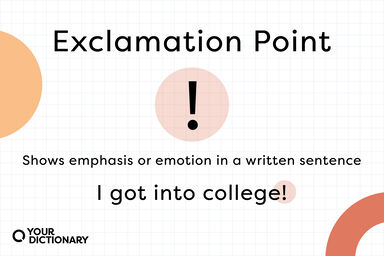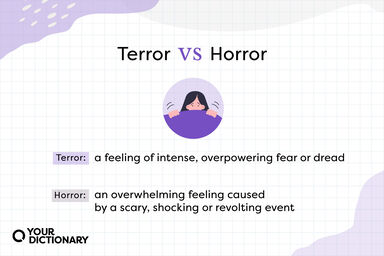Mash Definition
Origin of Mash
-
From Middle English mash, mash-, from Old English mÇ£sc-, māsc-, māx-, from Proto-Germanic *maiskaz, *maiskō (“mixture, mash"), from Proto-Indo-European *meiǵ-, *meiḱ- (“to mix"). Akin to German Meisch, Maische (“mash"), (compare meischen, maischen (“to mash, wash")), Swedish mäsk (“mash"), and to Old English miscian (“to mix"). See mix.
From Wiktionary
-
Either by analogy with mash (“to press, to soften"), or more likely from Romani masha (“a fascinator, an enticer"), mashdva (“fascination, enticement"). Originally used in theater, and recorded in US in 1870s. Either originally used as mash, or a backformation from masher, from masha. Leland writes of the etymology:
From Wiktionary
-
Middle English mash- (as in mashfat mash tub) from Old English māsc, *mǣsc, māx- (in māxwyrt wort) meik- in Indo-European roots V., sense 4, perhaps from Romani mash to entice
From American Heritage Dictionary of the English Language, 5th Edition
-
See mesh
From Wiktionary
Find Similar Words
Find similar words to mash using the buttons below.





